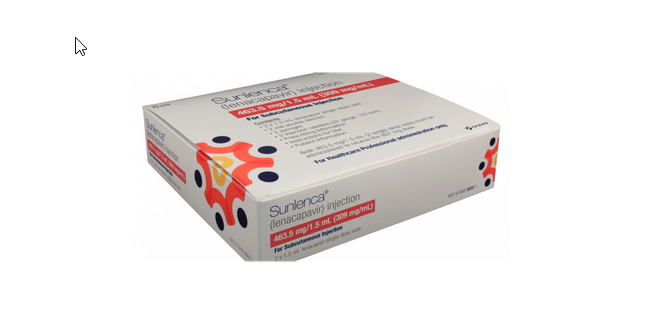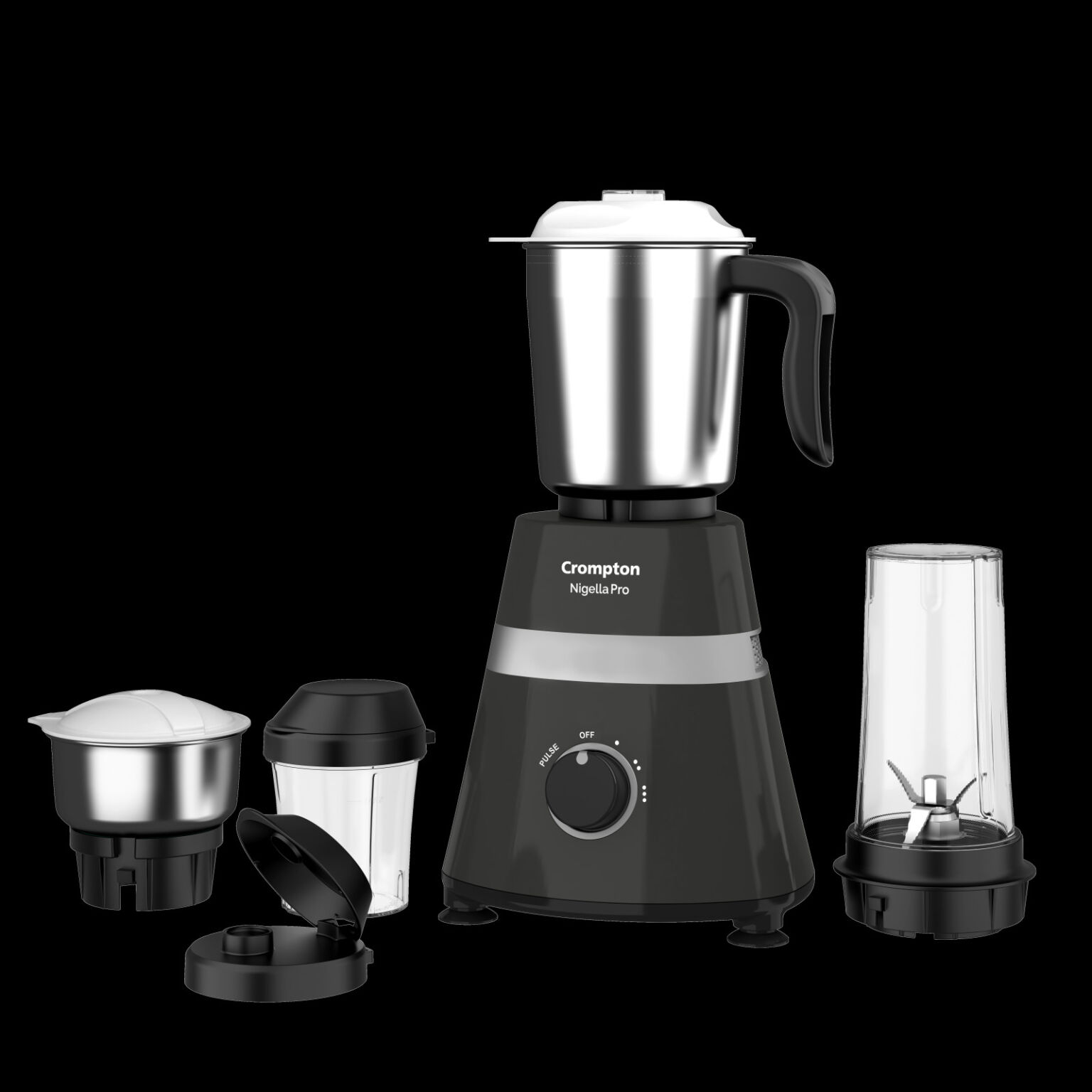Awareness about pancreatic cancer is a must because this often goes unnoticed until the damage is done. Early pancreatic cancers often do not show any signs or symptoms. By the time, they show up as external manifestations of signs and symptoms, the cancer is already grown and turns out to be complicated to deal with.
Why is it difficult to diagnose pancreatic cancer?
Pancreatic cancer often mimics gastric issues. Many different conditions may have the same signs and symptoms. Hence, a thorough diagnosis with USG and CT scan is a must to detect pancreatic cancer. If you have any of the pancreatic signs and symptoms, it is important to be checked by the doctor to know the causative factor and get it treated.
Signs and Symptoms of Pancreatic Cancer
The major signs and symptoms of pancreatic cancer are as follows-
-
Jaundice with dark urine, light-colored stools, and itchy skin
Jaundice is caused by a buildup of bilirubin in the liver. This occurs when pancreatic cancer is spread to the liver. This leads to dark urine, yellow eyes and skin, and light stools.
-
Belly pain along with pain radiating to the back
Pain in the belly is one of the most common symptoms of pancreatic cancer. This usually starts when the tail of the pancreas is affected by cancer. This may cause pancreatic cancer to spread faster toward the stomach, liver, and gallbladder causing inflammation and pain.
-
Weight loss and poor appetite
Unintended weight loss is related to loss of appetite in pancreatic cancer. The patient may have no desire to eat with weakness present throughout the day.
-
Nausea and vomiting
If pancreatic cancer spreads to the stomach or is enlarged, it can pressurize the stomach causing reflux of food and resulting in nausea and vomiting.
-
Enlarged liver
Pancreatic cancer can also enlarge the liver if cancer has spread. The edge of the liver is palpable on the doctor’s examination with pain and swelling.
-
Inflamed gallbladder
If pancreatic cancer blocks the bile duct, it can cause increased pressure due to the building of bile in the gallbladder and this may lead to pain and inflammation of the gallbladder.
-
Diabetes
Pancreatic cancer can cause high blood sugar levels because they destroy insulin-making cells which are pancreatic cells.
So, if you are resonating with any of the above-mentioned signs and symptoms, it is important to get diagnosed to rule out pancreatic cancer. Remember, pancreatic cancer is a rare condition and must be treated with medications for effective solutions.

 Are you diabetic? Well, if your answer is “YES,†you are on the right page with us to know about one of the diabetic complications known as “Pancreatic Cancer.†Let us give you some details on pancreatic cancer.
Are you diabetic? Well, if your answer is “YES,†you are on the right page with us to know about one of the diabetic complications known as “Pancreatic Cancer.†Let us give you some details on pancreatic cancer. 




.jpeg)




.png)


.png)






.jpeg)

.jpeg)
.jpeg)
.jpeg)

.jpeg)
.jpeg)
.jpeg)
_(1).jpeg)

_(1)_(1)_(1).jpeg)
.jpeg)
.jpeg)
.jpeg)






